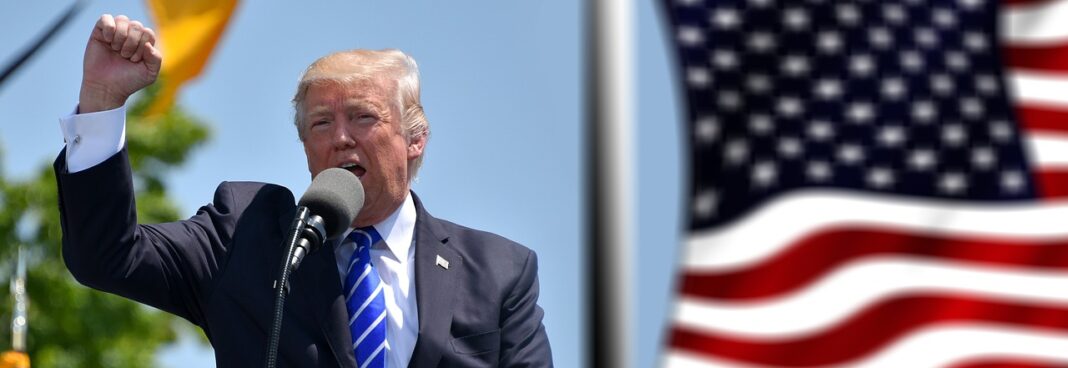President Donald Trump has approved military plans for potential strikes on Iran but has stopped short of issuing a final order, according to multiple high-level sources cited by The Wall Street Journal and Reuters. While military options are on the table—including targeting fortified nuclear infrastructure such as the Fordow enrichment site—Trump has held off on authorizing action, opting to observe whether Tehran de-escalates its nuclear activities.
The developments come amid growing geopolitical tension and internal debate within Washington. Sources told Reuters that while the Pentagon and National Security Council have finalized operational frameworks for a targeted military response, the White House has not yet committed to executing the strategy. Still, the administration is laying the groundwork for more active involvement.
Senior U.S. officials confirmed that Washington is building out infrastructure for potential direct participation in a conflict with Tehran. Preparatory steps are already underway across multiple federal departments, including defense, intelligence, and homeland security, reflecting what one source called “a shift from deterrence to readiness.”
These preparations reportedly include increased deployment of air and naval assets to the Gulf region, reconfiguration of cyber defense protocols, coordination with regional allies such as Israel and Saudi Arabia, and emergency briefings with Congressional leaders.
Trump’s national security team has emphasized that no timeline has been set for a strike, and the President remains undecided. “I may do it. I may not do it,” Trump said in a recent briefing, adding, “Nobody knows what I’m going to do.”
The president’s hesitance is seen by many as a strategic move—using the threat of force to push Iran toward compliance. Meanwhile, the administration faces criticism from both hawks who urge immediate action and isolationists who warn against another prolonged conflict in the Middle East.
Tensions escalated dramatically after Israeli forces reportedly struck Iranian centrifuge production facilities earlier this week, followed by threats from Iranian officials vowing retaliation. Trump’s aides, speaking on background, said the situation could evolve rapidly over the next 24 to 48 hours depending on Tehran’s next steps.
The potential for U.S. involvement has sent ripples through global markets. Gold prices surged, while oil futures spiked amid concerns of regional instability. International airlines have begun rerouting flights to avoid Iranian airspace, and embassies in the region have issued travel advisories.
Capitol Hill is watching closely. A bipartisan group of lawmakers has demanded that any military action be preceded by Congressional authorization. “This is too dangerous a step to take unilaterally,” Senator Chris Murphy (D-CT) said.
The administration’s measured silence has not quelled speculation. According to Bloomberg, military units in the region have been placed on high alert for potential operations as early as the upcoming weekend.




